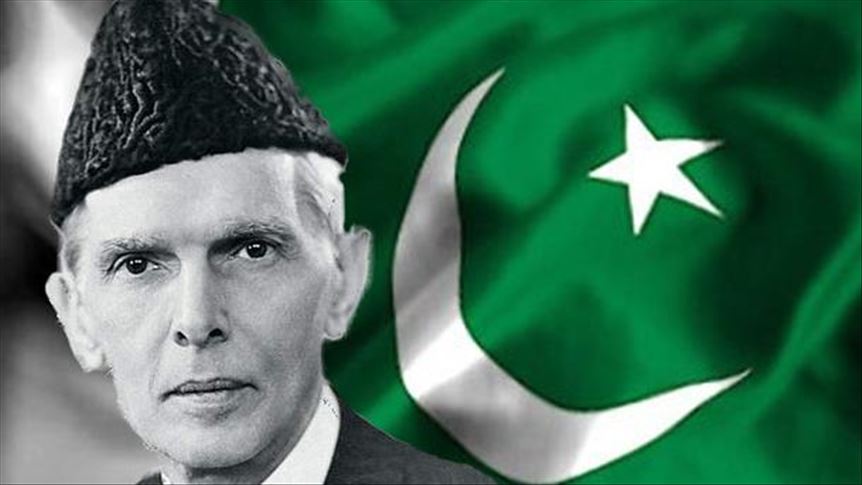On 11 September 1948, Pakistan faced one of the darkest days in its history. Just a little over a year after achieving independence, the nation lost its founding father, Quaid-e-Azam Muhammad Ali Jinnah, to illness. His death left millions in grief and uncertainty, as the young country was still struggling with political, economic, and social challenges.
The Final Days of Quaid-e-Azam
Muhammad Ali Jinnah had been suffering from tuberculosis and lung complications for years. Despite his deteriorating health, he continued working tirelessly to set the direction for Pakistan. In July 1948, he traveled to Ziarat in Balochistan in hopes of recovery, but his condition worsened. On the evening of 11 September 1948, at 10:20 PM in Karachi, Jinnah breathed his last.
National Shock and Grief
The news of his passing spread quickly, leaving the people of Pakistan in deep sorrow. For a nation that had looked up to him as a guiding light, his death felt like the collapse of a protective shield. Thousands poured onto the streets, mourning the loss of the leader who had turned the dream of Pakistan into a reality.
Funeral of the Quaid
On 12 September 1948, Muhammad Ali Jinnah’s funeral was held in Karachi. Millions attended the ceremony, including world leaders, diplomats, and local citizens. He was laid to rest at what is now known as Mazar-e-Quaid, a mausoleum that stands as a symbol of respect and remembrance.
Legacy of 11 September 1948
Even decades later, 11 September 1948 remains a day of reflection for Pakistan. Jinnah’s vision of unity, faith, and discipline continues to inspire the nation. His passing marked the end of an era, but his dream for a strong and prosperous Pakistan still guides its people.

